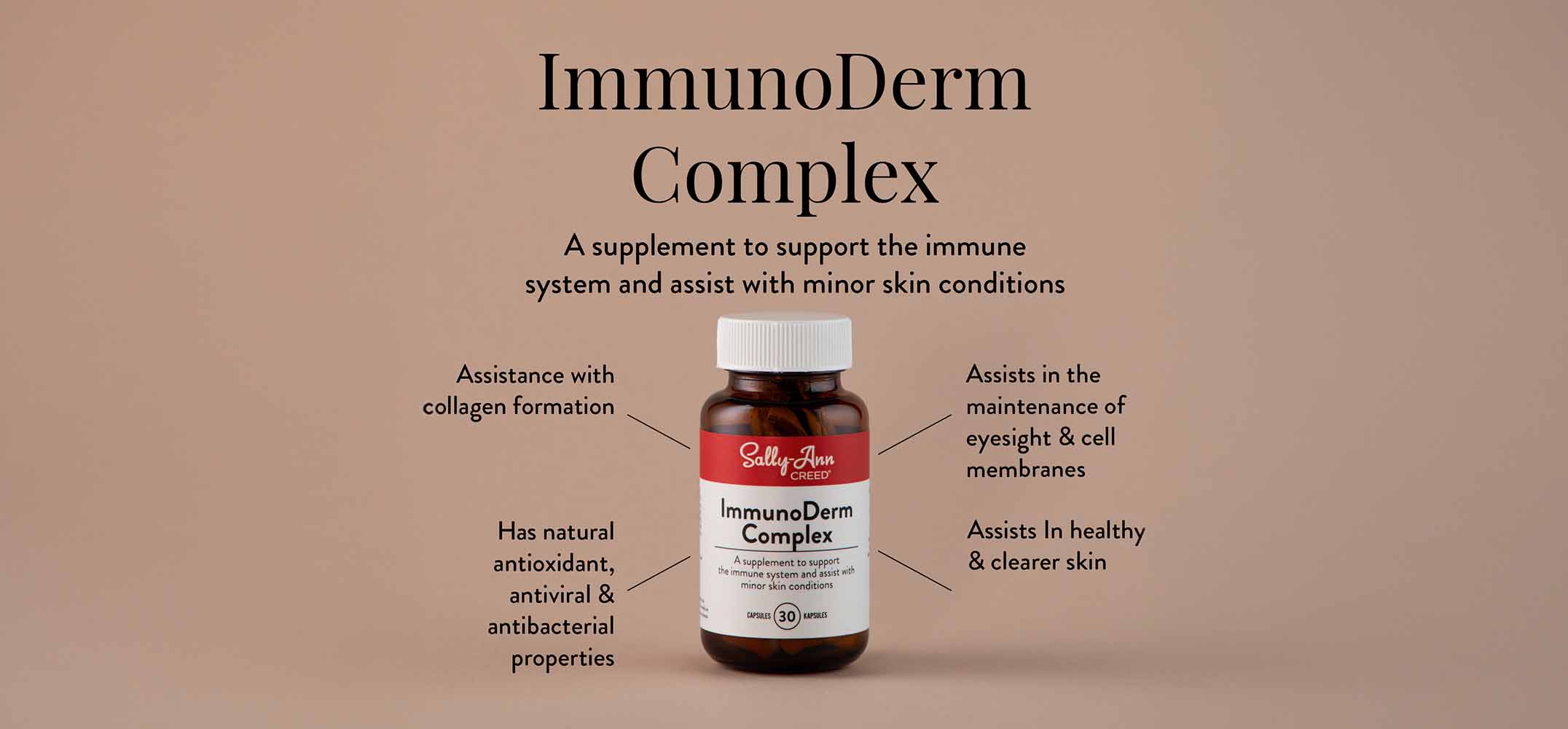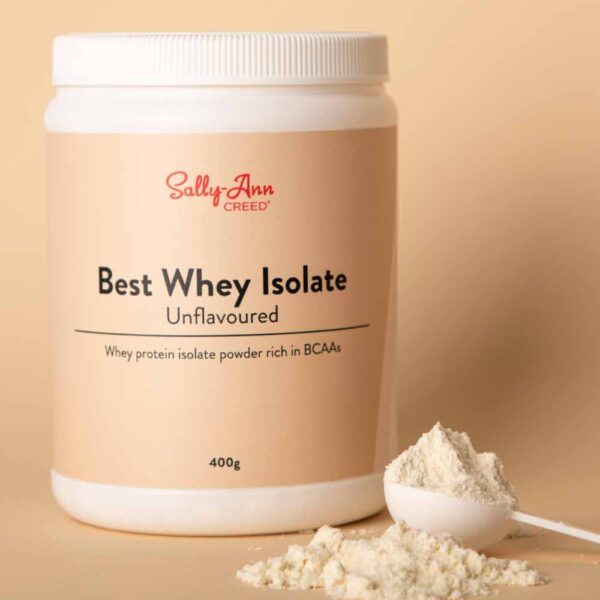This week’s article on foods for your skin is inspired by two articles the office was reading this week. The first article from Cosmetics, a peer-reviewed journal and the second is a 15-year long 2020 study. In the long-term study, they looked at over 700 participants over 45 years of age, they found that those who had a diet higher in antioxidants had 10% less skin aging over 15 years compared to those who had much less antioxidant intake.
We need to understand what factors affect skin health and aging, and these can include:
- Cell damage and DNA damage
- Inflammation
- Collagen breakdown
- Dehydration
- Poor immune system
This had us all hooked on researching foods and supplements that could help with skin health and reduced aging, so here we go! Our summary of the science.
- Antioxidants. Antioxidants help fight against inflammation, UV damage, cell damage and immunity. Over 3000 foods were analysed for their antioxidant content. The highest? Artichokes, onions, garlic, asparagus, beet leaves, red cabbage, kale, peppers, broccoli and tomatoes. Dark purple, blue and red berries, dark chocolate, green tea leaves, coffee and olive oil were also listed as the highest antioxidant containing foods.
- Pecans, brazil nuts and walnuts. Rich in omega 3, vitamin E and antioxidants, these nuts can “reduce inflammation” and support skin repair (2024 article).
- Spices and herbs. Cloves, cinnamon, oregano, turmeric and thyme. Surpassing even fruit and vegetables in antioxidant content, adding more fresh and dried herbs and spices to your day is a great way to protect your skin against aging and microbial infection.
- Collagen. Two main benefits of collagen in the skin are skin elasticity and skin hydration. We all know that as we age, our bodies reduce the amount of collagen produced. Vitamin C and zinc are incredibly important for collagen synthesis in the human body. (see more from our blog post). Skin elasticity was improved by 22.7% and skin hydration by 13.8% after 12 weeks of hydrolysed collagen supplementation. (2024 clinical trial)
- Probiotics. At the end of the day our skin is an organ, and having a healthy guy impacts our skin greatly. Now this is getting very scientific but according to literature, Bifidobacterium lactis, Bifidobacterium longum, Lactobacillus casei, Lactobacillus rhamnosus, Lactobacillus acidophilus, Lactobacillus paracasei have all been shown to improve symptoms of skin moisture, dermetitis symptoms and skin smoothness. The VERY good news is that Sally-Ann Creed MaxiProbiotic contains all the above strains in billions of CFUs (2023, 2024).
Bonus tip:
“High glycemic index intake was positively associated with acne severity”
Journal of American Academy of Dermatology 2022
Our skin has a 28 day cycle, so while starting with the tips above might not change your skin overnight, you are laying the foundation for clear, happy and healthy skin in the future.







